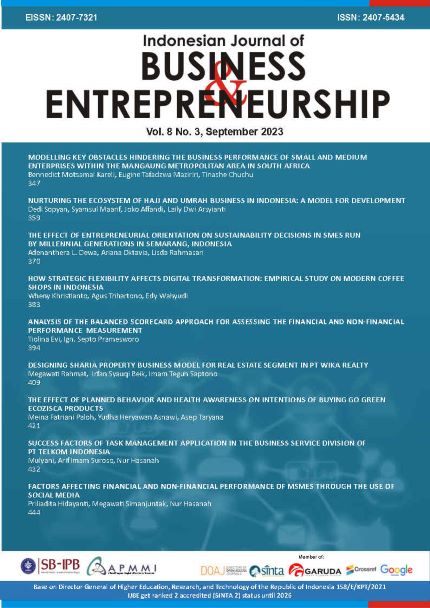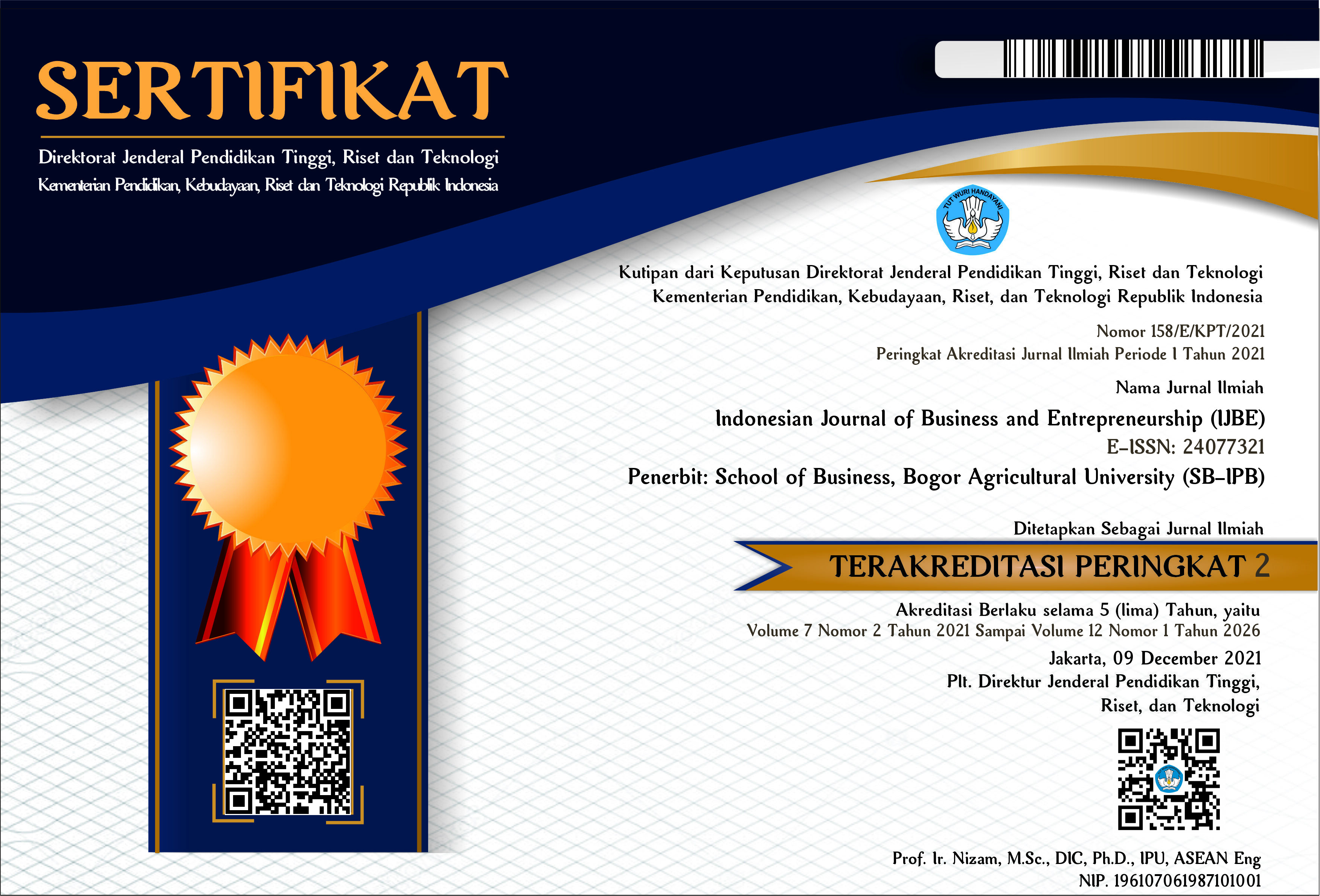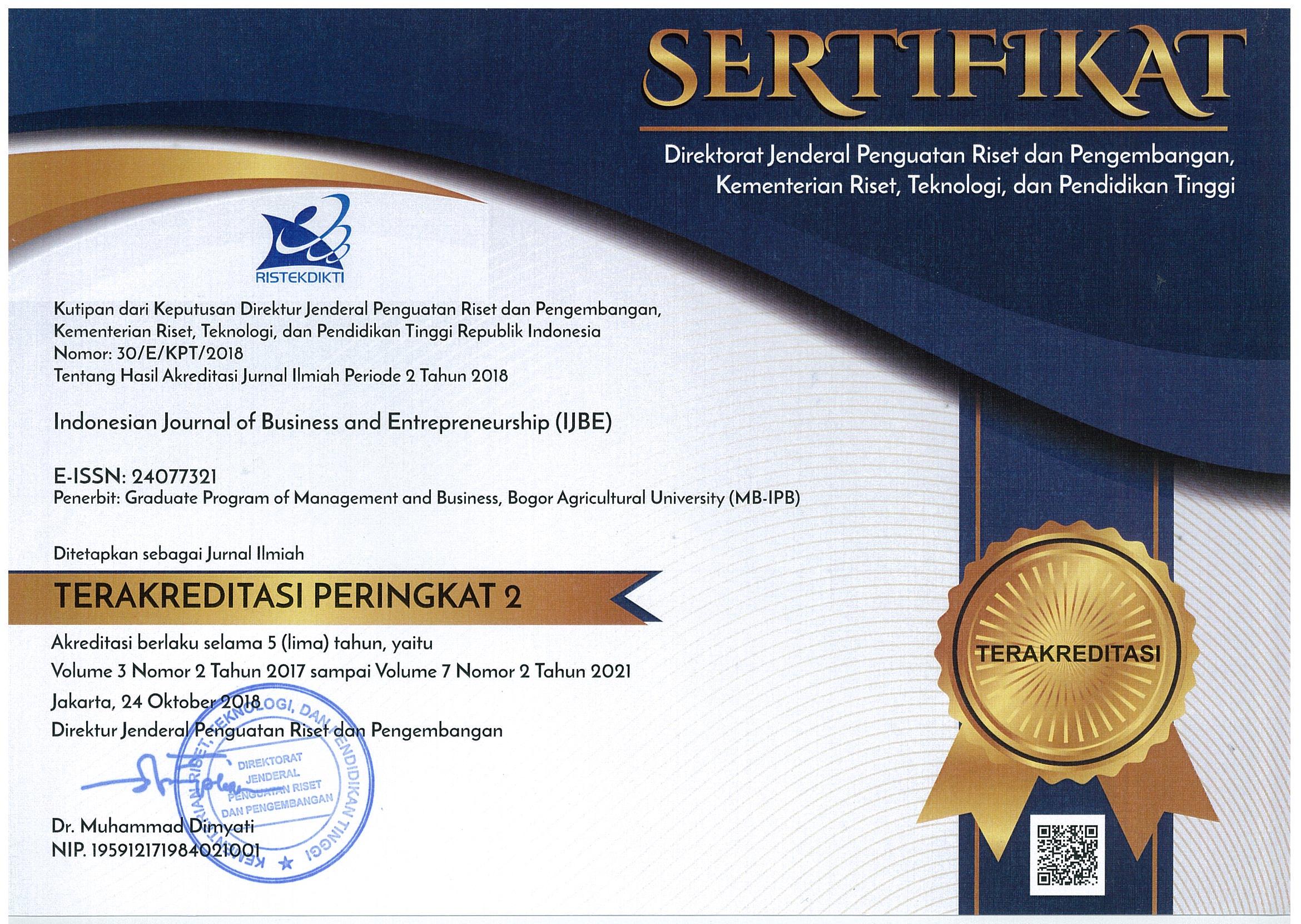Designing Sharia Property Business Model for Real Estate Segment in PT Wika Realty
Abstract
PT WIKA Realty engages property business in Indonesia, which has two core businesses, hotel and non-hotel. Real estate (non-hotel) revenue was only 25,24% of total 2021 revenues. Meanwhile, it has 67,59% of its assets from the whole company's assets. In contrast, the sharia property business grew exponentially during the pandemic. In Islam, Maqashid sharia purposes to spread goodness to people, so business etic is not only to gain profit. Therefore, this research aims to know the real estate business segment's performance, identify the advantages of developing a sharia property business model, and formulate a strategy for a sharia property business model in the real estate business segment of PT WIKA Realty. This research also benchmarked to Asosiasi Developer Properti Syariah and Warees Pte Ltd to observe the sharia property business's external situation after five years running. Business Model Canvas (BMC), Importance Performance Analysis (IPA) and Porter's Five Forces are methods to determine corporate strategies. Seven experts with ten years of experience from PT WIKA Realty were questioned for importance and performance satisfaction; the index is 78,7%. There are three essential elements to improve such as Customer Segment, Key Resources and Customer Relationship with improvements: (1) Targeting Business to Beneficiaries as a new segment market target, (2) Enhancing employee competencies in sharia economy and business, (3) Committed to implementing sharia rules in PPU Realty syariah, (4) Cooperating with Lembaga Keuangan Syariah, (5) Developing PPU Realty Syariah and determining sharia property project, (6) Implementing Customer Relationship Management application.
Keywords: BMC, IPA, porter's five forces, real estate segment, sharia property








